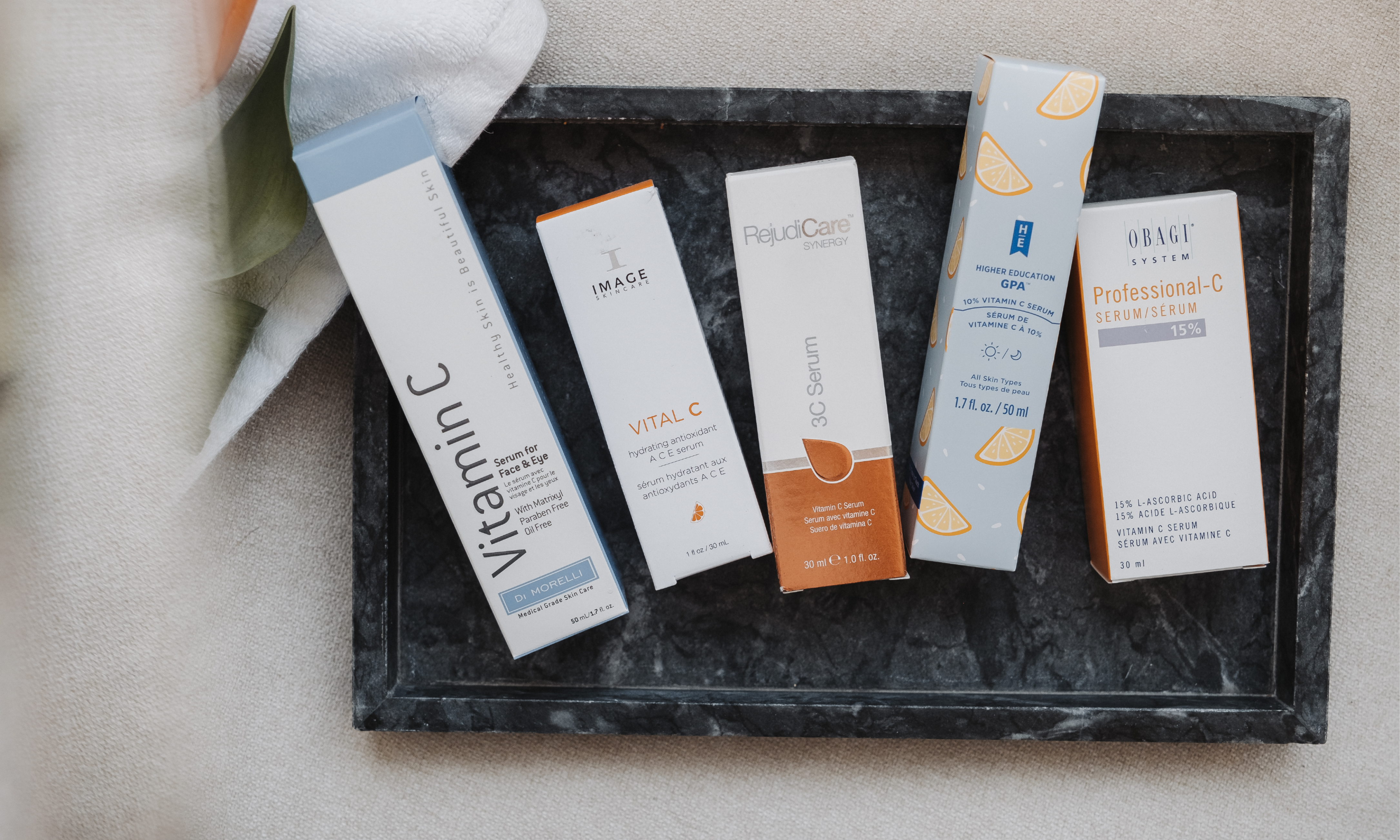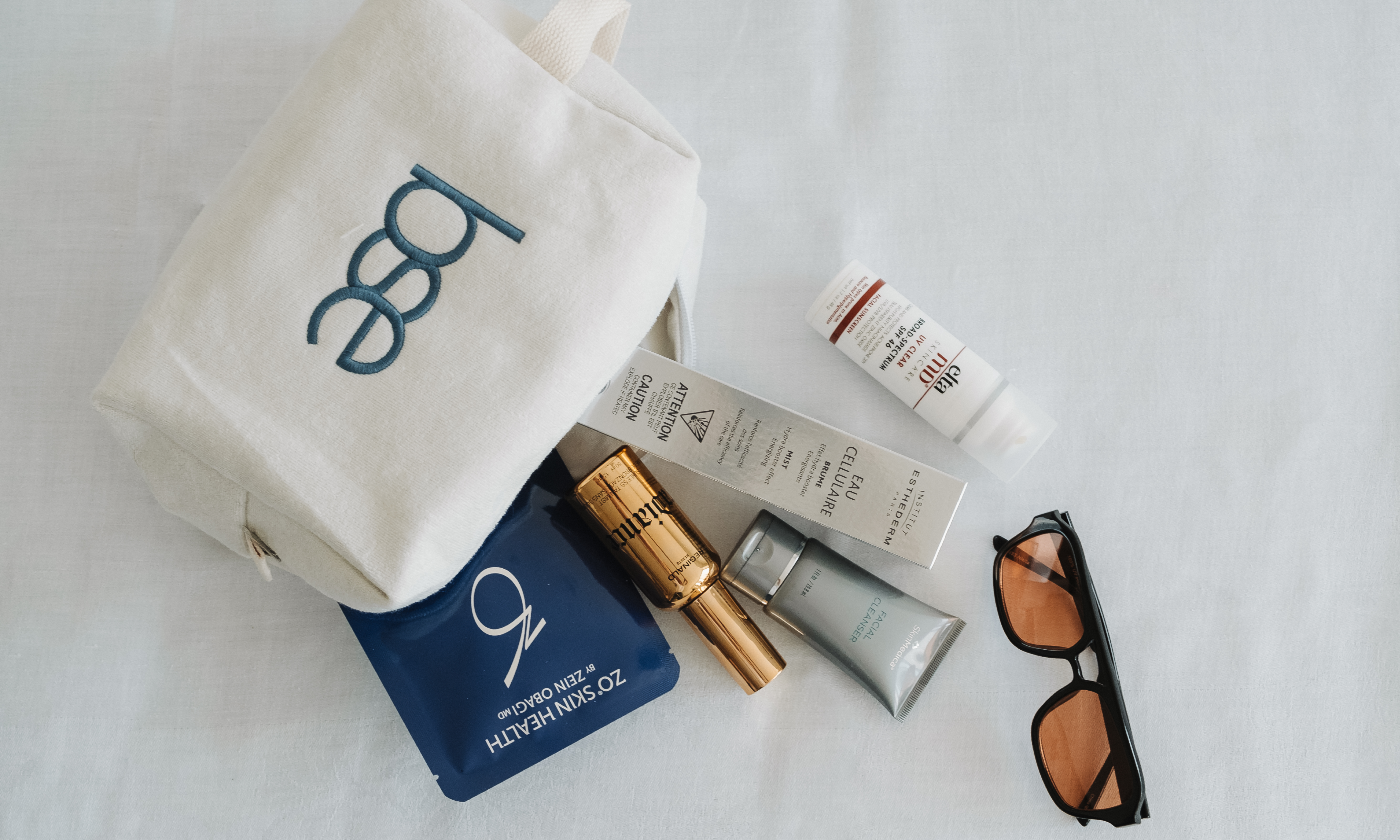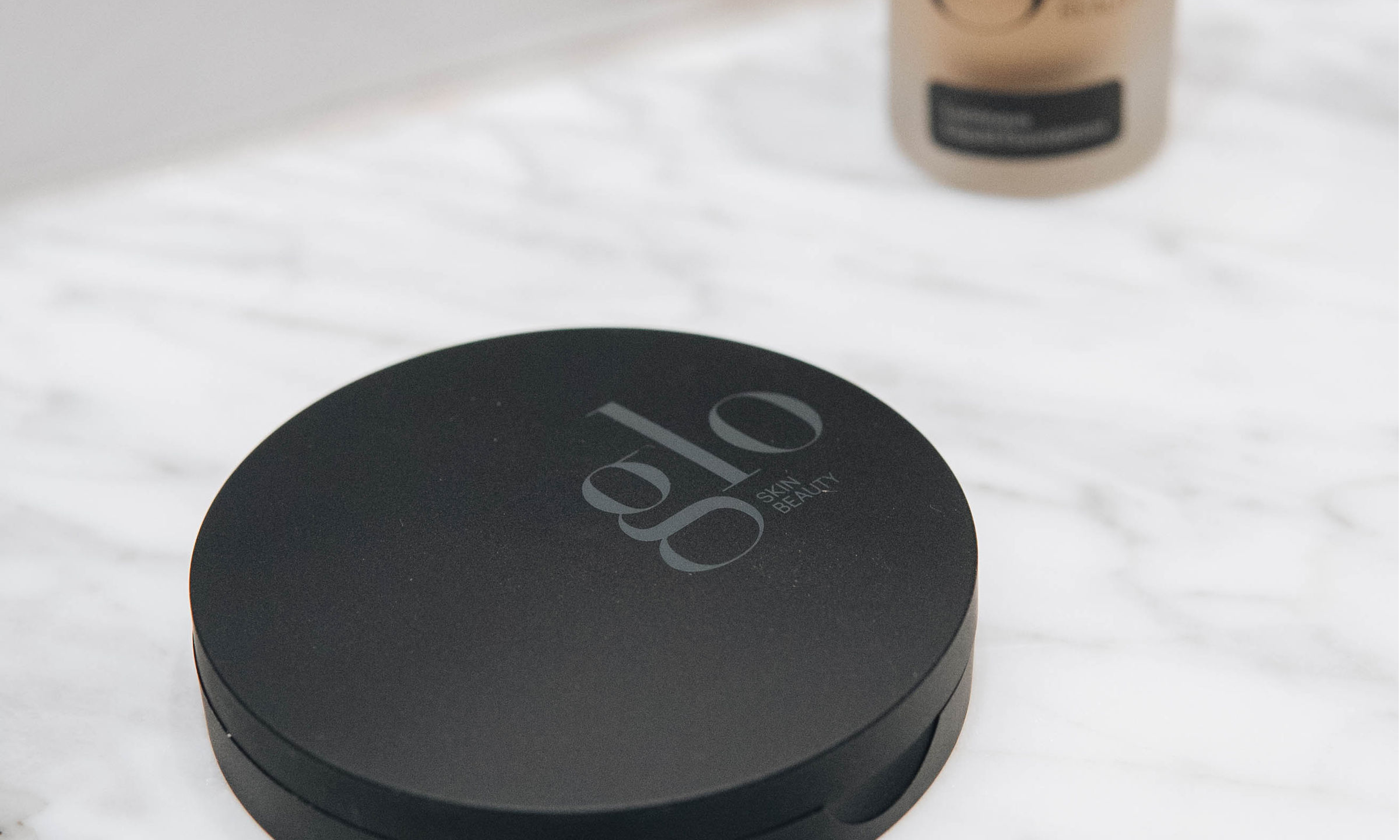
Debunking Vitamin C Myths
Known for its myriad of benefits, vitamin C has become a buzzword in the realm of skincare. However, there are a few myths and misconceptions related to vitamin C in skincare and it's crucial to separate fact from fiction when it comes to this powerful antioxidant.
Read on below to learn a bit more about the ingredient you thought you knew!
Myth 1: HIGHER CONCENTRATION = BETTER RESULTS.
Fact: While vitamin C is highly beneficial for the skin, higher concentration does not always equate to better results. The effectiveness of vitamin C in skincare depends on various factors, including its stability, formulation, and delivery system. Optimal concentration may vary depending on individual skin types and needs; even if Vitamin C usually isn’t irritating, some people may not need to use it every day.
It's important to choose a stable, professional vitamin C product and follow the usage instructions provided by the manufacturer or a skincare professional–and of course, note how your own skin reacts after application.
Myth 2: VITAMIN C CAN REPLACE SPF.
Fact: Wrong! Vitamin C offers excellent antioxidant protection and can help neutralize free radicals caused by sun exposure, but it should absolutely not be considered a substitute for sunscreen.
A proper UVA/UVB SPF of at least 30 is essential for protecting the skin from harmful UV rays, while vitamin C can solely complement sun protection by reducing oxidative damage. It's best to use both sunscreen and vitamin C in your skincare routine for comprehensive sun protection.
Myth 3: ALL FORMS OF VITAMIN C ARE THE SAME.
Fact: There are actually a few different forms of vitamin C used in skincare, such as ascorbic acid, sodium ascorbate, ascorbyl palmitate, and others.
Each of these forms has different stabilities, skin penetration abilities, and potential side effects. Ascorbic acid, in its pure form, is the most potent and effective form of vitamin C, but it can be unstable and may cause irritation for some individuals–while other derivatives may offer better stability and reduced skin sensitivity. Choosing the right form of vitamin C depends on your skin type and tolerance, and can be done with a skincare professional.
Myth 4: VITAMIN C LIGHTENS SKIN.
Fact: Vitamin C can help brighten the skin and fade hyperpigmentation over time, but it is not an instant solution. It will also not stain or whiten the skin, as hydroquinone would.
Consistent use of vitamin C products, along with other skincare practices like sun protection and exfoliation, can contribute to a more even skin tone. However, individual results may vary, and it can take weeks or even months to see noticeable improvements.
On that note, here are the Vitamin C products we’ve been loving and recommend for the upcoming summer season!
IMAGE SKIN CARE MD® RESTORING POWER-C SERUM
DI MORELLI VITAMIN C SERUM FOR FACE AND EYES
HIGHER EDUCATION SKINCARE GPA 10% VITAMIN C SERUM
REJUDICARE PHOTOZYME VITAMIN C+E FERULIC ACID SERUM
DR RENAUD C 10% VITAMIN SERUM WITH M2PE
OBAGI PROFESSIONAL-C SERUM 10%
Until next time,
The BSE Team

















Leave a comment
This site is protected by hCaptcha and the hCaptcha Privacy Policy and Terms of Service apply.